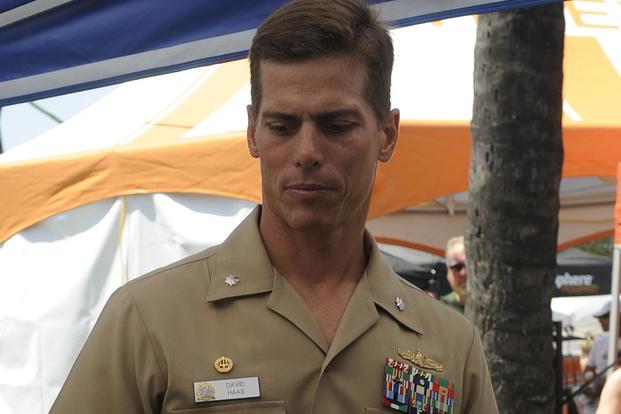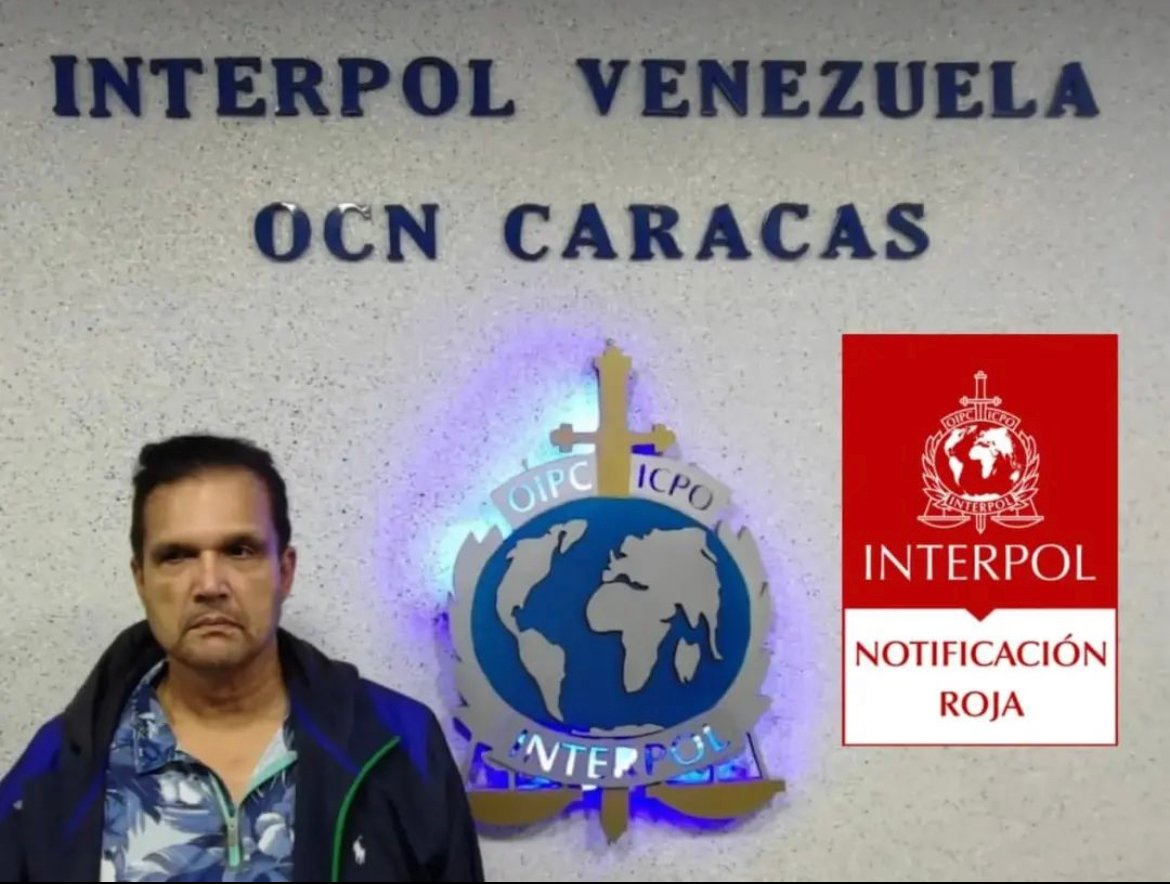
A former U.S. 7th Fleet operations officer was sentenced Thursday to 30 months in federal prison – two years after pleading guilty – for taking bribes in exchange for steering lucrative contracts to a foreign defense contractor.
Retired Navy Capt. David W. Haas, 54, of Kailua, Hawaii, originally faced a longer prison time if convicted of eight counts in an August 2018 federal indictment into the wide corruption and bribery scandal surrounding Leonard Glenn Francis and his ship husbanding firm, Glenn Defense Marine Asia. In June 2020, Haas pleaded guilty to one count of conspiracy to commit bribery, with prosecutors saying he took nearly $91,000 worth of bribes.
Haas is one of three-dozen former Navy and military officials, including senior officers who served with the Japan-based 7th Fleet, and GDMA officers who were federally charged in the case.
“Public corruption erodes the very fabric of our democracy, threatening the reputation and functioning of our institutions and thus the ability of the United States to lead with credibility,” U.S. Attorney Randy S. Grossman, whose San Diego, Calif.-based office prosecuted some three dozen GDMA-related cases, said in a statement. “Today’s sentencing, in part, replenishes the well of democracy, signaling to all Americans that the business of your public institutions will be conducted in the light, without bias or favor.”
Haas’ admitted part in the GDMA fraud and conspiracy case centers on 2012, when Francis covered the costs for a five-night stay at the Shangri-La hotel in Jakarta, Indonesia, and a two-day party in Tokyo, Japan, prosecutors said. In both occasions, dinner, alcohol, entertainment and prostitutes were provided for Haas and others.
Haas appeared Thursday in a federal courtroom for his sentencing hearing before U.S. District Judge Janis L. Sammartino.
“You of all people should have known your relationship with Mr. Francis was wrong,” the judge told him, the San Diego Union-Tribune reported. “Bottom line, you betrayed and hurt the Navy (and) your fellow officers.”
In accepting Haas’ guilty plea, the judge dismissed the remaining seven charges. Haas must report May 12 to the U.S. Bureau of Prisons to begin his sentence, according to court records.
Sammartino ordered him to pay $90,968.82 in restitution along with a $30,000 fine to be paid $100 monthly and a $100 assessment. The judge also imposed a three-year supervised release once he’s completed his prison time.
Haas is among the final prosecutions in the long-running federal investigation into GDMA and the Navy that began a decade ago.
At the center of the GDMA scandal is the mastermind, Leonard Glenn Francis. In early September, Francis cut his GPS-tracking ankle monitor and fled to Venezuela from his San Diego rental home, where he had been under court-ordered house arrest since at least 2018. Francis was convicted in 2015, but his sentencing hearing was repeatedly delayed by court-approved medical furloughs and his cooperation with federal investigators working on cases involving his co-conspirators.

Francis’ escape set off an international manhunt and became a major embarrassment to U.S. officials. He was captured three weeks later, INTERPOL officials said, and he reportedly remains in custody of officials in Venezuela. It’s unclear when, and if, he would be extradited to the United States.
Haas’ sentencing marks an end to his GDMA saga and federal career that included 26 years in the Navy and four years at the U.S. Naval Academy, where he graduated in 1990.
In a letter to Sammartino, before she ruled on his sentencing, Haas said he and his wife have separated, and he admitted that he “lost my bearings.”
“The impacts to me have been significant: I lost my career and the respect of everyone I worked with, my marriage, my status as a Naval Officer, my post-navy job at FEMA, the possibility of future employment of any significance, right up to the very real possibility of incarceration,” he wrote in a letter to Sammartino. “But I brought this on my self. The impact to my family is what causes me the greatest shame and regret. They did nothing to deserve this, and I will live with the knowledge of the heavy price they paid for the rest of my life.”
“The prosecution will more than likely say that I was a good Naval Officer and a great operator, and for exactly that reason I, more than anyone, should have known that my relationship with Mr. Francis was wrong,” he wrote. “I am not going to counter that. The prosecution is absolutely right.”
Haas, a father of two, was diagnosed with testicular cancer and has undergone treatment, his lead defense attorney, Jeremiah Sullivan, wrote in a memo to the court. He also was diagnosed with traumatic brain injury, with a VA disability rating of 100 percent. The former captain’s career included a 2004-2005 combat deployment to Iraq, where he served as a liaison officer, and a 2009-2010 combat deployment to Afghanistan.
“Mr. Haas experienced both highs and lows while in the combat theater,” Sullivan wrote. “He was there when Osama Bin Laden was captured and killed. He also experienced the loss of a helicopter full of Rangers and SEALS one night to an RPG attack. Mr. Haas was devastated when a young Army reserve officer got detached from his combat buddy and one of the (Afghan Local Police), who had defected to the Taliban, shot him in the back of his head and ran off. The young officer was married with two children. Mr. Haas participated in an emotional ramp ceremony in which his coffin was loaded onto the aircraft that would bring that soldier home. Only a few weeks later he left Afghanistan for Japan.”
While in Japan, Haas met Francis, who Sullivan described as “deeply embedded within high-ranking Navy circles.” The attorney said Haas spoke in April 2014 with federal investigators who were looking into Francis’ relationships, and he asked the court that any confinement be served at home.





